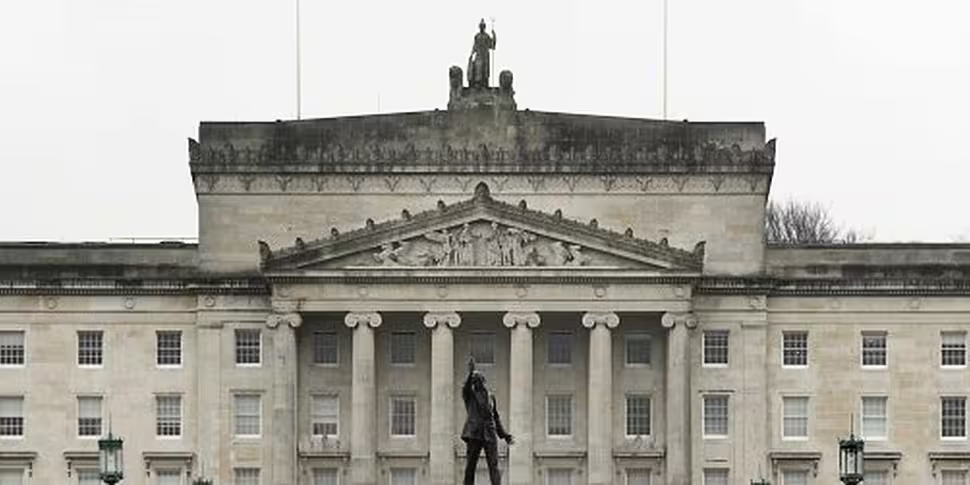The Foreign Affairs Minister Simon Coveney says "significant progress" has been made in talks to restore a Northern Ireland executive at Stormont.
Northern Ireland's political parties negotiated into the night in a bid to reach an agreement, as a deadline looms today.
In a statement, Mr Coveney said: "After the last three days of intensive negotiation, I am encouraged that there continues to be real engagement between the parties.
"Significant progress has been made - although there are still gaps to be bridged on a number of key issues.
"Like the Secretary of State, I believe that an agreement is still within reach - an agreement that would allow a power-sharing executive to be formed on a sustainable basis.
"We continue to remain focused on reaching that agreement and so talks are continuing. It is the successful outcome of this process that matters."
Northern Ireland Secretary of State James Brokenshire said that a number of issues remain outstanding and called for a solution "as soon as possible".
"Much progress has been made but a number of issues remain outstanding," he said.
"All efforts continue to be directed to provide for the restoration of devolved government as soon as possible. That prize remains achievable."
Irish Language Act
The parties were struggling to overcome differences on an Irish Language Act.
Sinn Féin is demanding a stand-alone act, bringing Irish onto a par with English in the region.
But the DUP had proposed a hybrid act, accommodating the Irish language and those who speak in Ulster-Scots.
Language is considered a sensitive issue of cultural identity, much like the flying of flags in Northern Ireland.
The devolved government collapsed in January when Sinn Féin's Martin McGuinness resigned as deputy first minister.
DUP leader Arlene Foster had refused to stand aside as first minister during an inquiry into a botched renewable energy scheme.
Sinn Féin's vote surged in the subsequent assembly election but parties failed to share power within the six-week timeframe.
Instead of calling another election, Mr Brokenshire extended the deadline at Stormont.
Without agreement, Northern Ireland faces the prospect of a return to direct rule from Westminster for the first time in a decade.









